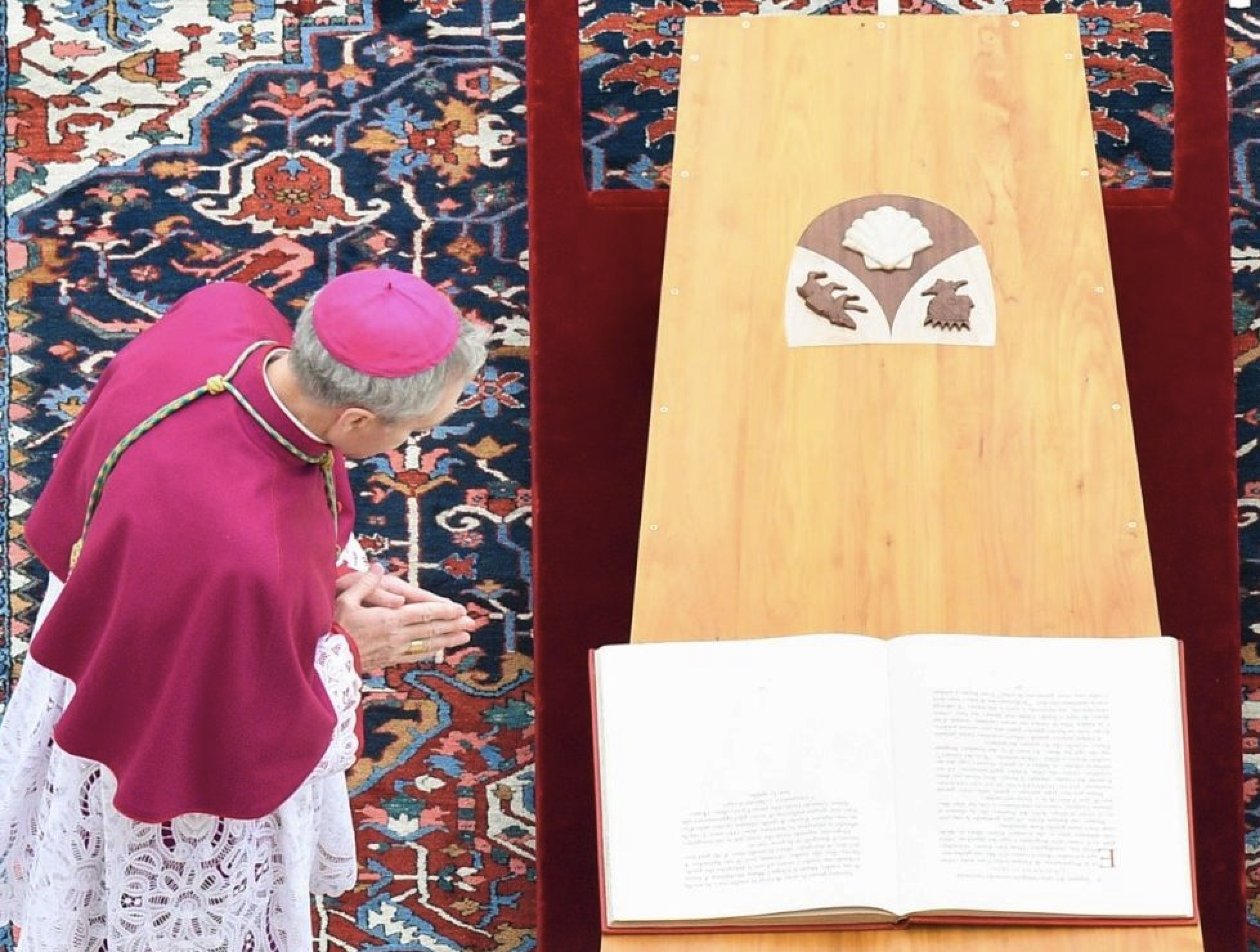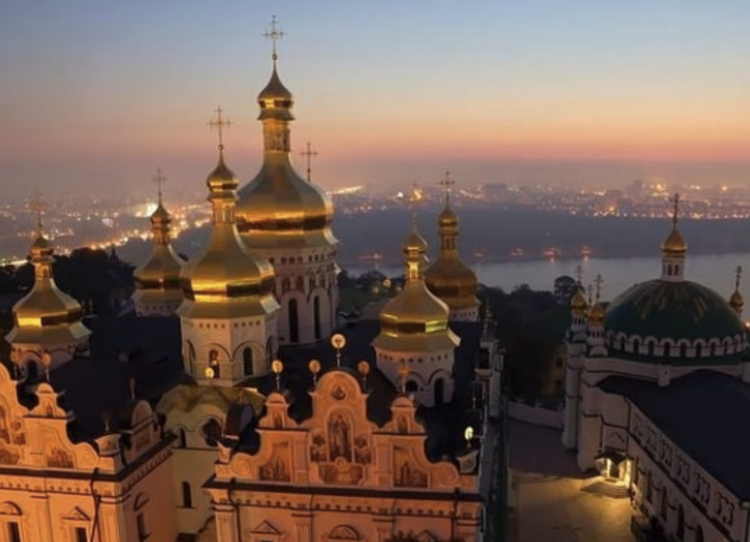When popes talk about sex, it tends to make headlines.
This was certainly true when Pope Francis told the Associated Press, "Being homosexual isn't a crime." He said the Catholic Church opposes criminalizing homosexuality and that, "We are all children of God, and God loves us as we are." The pope then noted that homosexual activity is "not a crime. Yes, but it's a sin."
The pope immediately responded to questions from Outreach.faith, a website serving LGBTQ Catholics. Francis explained: "I was simply referring to Catholic moral teaching, which says that every sexual act outside of marriage is a sin. … This is to speak of 'the matter' of sin, but we know well that Catholic morality not only takes into consideration the matter, but also evaluates freedom and intention; and this, for every kind of sin."
The timing was striking since the AP interview ran on January 25 -- one day after the Jesuit magazine America published a controversial essay by Cardinal Robert W. McElroy of San Diego, who Pope Francis selected as a cardinal last year.
"It is a demonic mystery of the human soul why so many men and women have a profound and visceral animus toward members of the L.G.B.T. communities," concluded McElroy. "The church's primary witness in the face of this bigotry must be one of embrace rather than distance or condemnation. The distinction between orientation and activity cannot be the principal focus for such a pastoral embrace because it inevitably suggests dividing the L.G.B.T. community into those who refrain from sexual activity and those who do not."
The cardinal linked this "pastoral" approach to another hot-button issue -- offering Holy Communion to Catholics divorced and remarried outside the church. Previously, he had claimed that the "Eucharist is being weaponized and deployed as a tool in political warfare" by bishops attempting to withhold Communion from Catholic politicians who publicly promote abortion rights.










